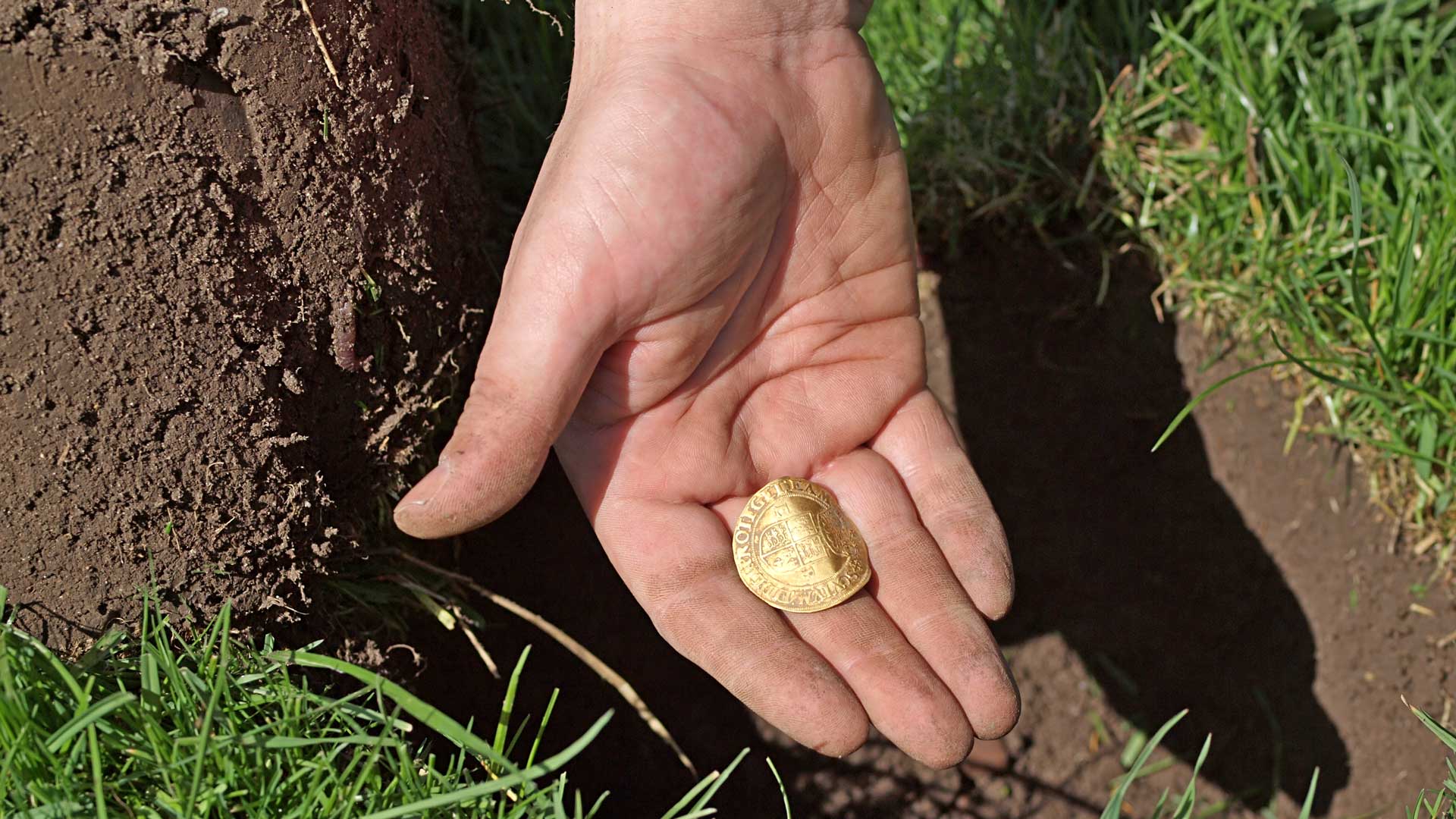Festival of Archaeology 2021

Date
Location
Search Awareness Days
What is the Festival of Archaeology?
The Festival of Archaeology is an annual event in the UK organised by the Council for British Archaeology and held in the last two weeks of July. In 2021 this is Saturday-Sunday, 17 July-1 August. It aims to widen participation in archaeology by encouraging people to visit sites of archaeological and historical interest such as museums, heritage sites, and resource centres, set up events, participate in archaeological activities.
During the week a range of events are organised such as talks, lectures, archaeology themed cakes, site visits, skills training, demonstrations, museum tours, talks and walks and plenty of family friendly days.
Each year has a theme and the 2021 theme is Exploring Local Places. There are lot of ways to get involved. As the Festival says, it is “all about helping people discover the archaeology and heritage that is all around them. Our Festival of Archaeology 2021 will help people get out and explore their local places, to discover stories, sites, buildings, places, people and events that make our local communities so special.
“We want you to help us celebrate local sites, stories and the people who lived and shaped our local places. Archaeology is a great tool to help you do this and to find out more about places through time.”
You can find a local event on their Find an Event page.

In 2019 around 1,000 events were organised with a grand opening at the British Museum, and the Twitter chat, #AskAnArchaeologist, tracked over 5.2 million conversations and threads.
The 2020 theme was Climate and the Environment. However, due to the coronavirus the 2020 event were held online between 11-19 July and outdoor events between 24 October and 1 November.
The online events included A Day in Archaeology and Ask an Archaeologist Day alongside new events from the CBA and the Shout Out Loud project. The outdoor events will had talks and walks to hands on activities, skills training and more.
The aim was to share stories of environmental change and its impact on human activity from the Mesolithic through to the present day and highlight the effect our changing climate is having on archaeological sites today.
The CBA is especially keen on encouraging 16-25 year olds to get involved and lead events.
The event has been tremendously successful. Beginning in 1990 as National Archaeology Day, 10 events were held. Initially it was linked in with European Heritage Days in September of each year. However, feedback from participants led to a decision by the Council for British Archaeology to separate from European Heritage Days and to move the event to July in order make the most of the fieldwork opportunities during the summer.
The festival increased to a weekend-long event in 2003 with 195 events, and in 2005 became a nine-day festival under the name National Archaeology Week. The Council for British Archaeology has now renamed National Archaeology Week as the Festival of Archaeology. Each year the festival will take place in July.
What is Archaeology?
Archaeology is the study of humanity and its past. They do this by understanding, uncovering or unearthing artefacts left in the ground by previous civilisations and cultures such as houses, cooking ware, tools, weapons and arrows, clothing, bones and fossils, burial sites, jewellery, food and more, or buildings that have never been covered up such as monuments.
There are different branches of archaeology such as people who study human remains, animals, plants, stone tools and more.
Famous Archaeologists
Indiana Jones and Lara Croft maybe the two most famous archaeologists but they are fictional characters so don’t really count here. (Personally, I also think they were more treasure hunters, fortune seekers and grave robbers – certainly in the case of a ‘tomb raider’ – and not true archaeologists.)
A list of real, famous archaeologists are listed below:
- Howard Carter: discovered King Tutankhamun’s tomb
- Dame Kathleen Kenyon: excavated Jericho to its Stone Age foundation and showed it to be the oldest known continuously occupied human settlement
- Mary Leakey: archaeologist and paleoanthropologist who made several fossil finds of great importance in the understanding of human evolution
- Louis Leakey: archaeologist and anthropologist whose fossil discoveries in East Africa proved that human beings were far older than had previously been believed and that human evolution was centred in Africa, rather than in Asia, as earlier discoveries had suggested
- Sir Arthur Evans: excavated the ruins of the ancient city of Knossos in Crete and uncovered evidence of a sophisticated Bronze Age civilization, which he named Minoan. His work was one of archaeology’s major achievements and greatly advanced the study of European and eastern Mediterranean prehistory
- Sir Flinders Petrie: British archaeologist and Egyptologist who made valuable contributions to the techniques and methods of field excavation and invented a sequence dating method that made possible the reconstruction of history from the remains of ancient cultures
- Sir Mortimer Wheeler: archaeologist noted for his discoveries in Great Britain and India and for his advancement of scientific method in archaeology
- Gordon Willey: one of the premier American anthropologists of the twentieth century. His work included excavations of archaeological sites in the South Eastern United States, Peru, Panama, Belize, Guatemala, and Honduras
- Sir Leonard Woolley: archaeologist whose excavation of the ancient Sumerian city of Ur (in modern Iraq) greatly advanced knowledge of ancient Mesopotamian civilization. His discovery of geological evidence of a great flood suggested a possible correlation with the deluge described in Genesis
- Jean-François Champollion: historian and linguist who founded scientific Egyptology and played a major role in the decipherment of Egyptian hieroglyphs
- John Lubbock, 1st Baron Avebury: now this is a chap we just love at the Ultimate Public Holiday Guide – he was the pioneer of British bank holiday legislation. Read more here about the history of bank holidays. Banker, influential Liberal-Unionist politician, and naturalist who successfully promoted about a dozen measures including those of bank holidays of some importance in Parliament but was perhaps best known for his books on archaeology and entomology
- Giovanni Battista Belzoni: one of the most colourful characters in the history of Egyptology. At 6 ft 7 inches, he was a man of great stature and it was this, together with his sheer determination and engineering experience, that allowed him to retrieve and transport huge Egyptian monuments across land to ports where they could be shipped to Britain
